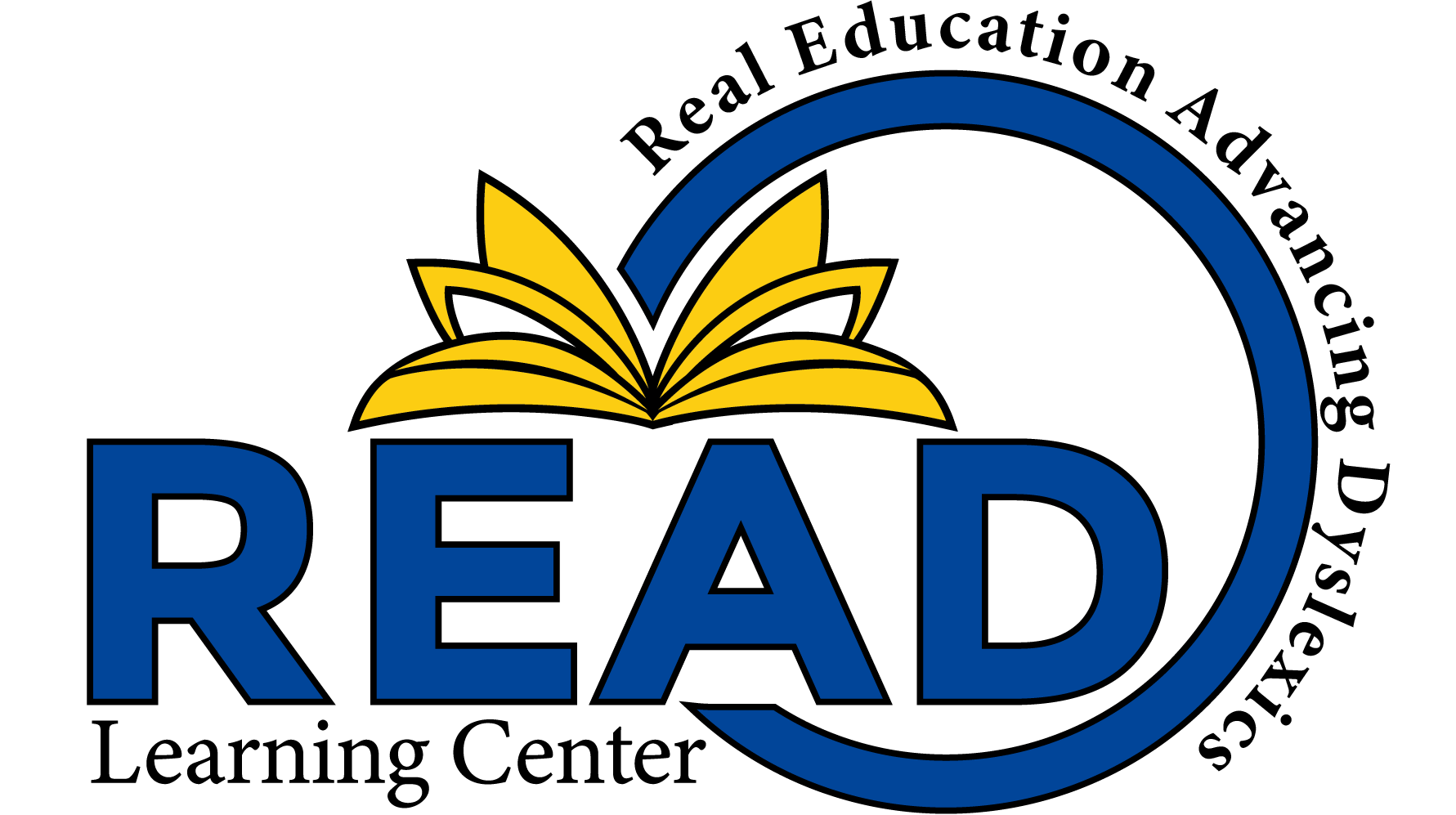Children typically begin to read short, familiar stories by age six. Although this is average, it is not uncommon for some students to need more support when it comes to reading.
This is where reading assessments come in. These assessments help educators understand a student’s reading abilities. They give a thorough picture of a student’s reading skills and what they need to work on.
Are you curious about the benefits of taking a reading assessment? If so, you have come to the right place. We cover everything you need to know in our guide below.
Table of Contents
What Is a Reading Assessment
Many reading tests give an educator an overall picture of a student’s reading skills. The data from these tests help inform instruction needed to help improve reading skills. Educators use this information to create reading interventions that best suit students.
There are various ways a teacher can perform a reading assessment. One way is by giving a formal evaluation. These usually test specific reading skills like comprehension or phonemic awareness.
Other times teachers can do informal assessments. This includes strategies like looking at student work or observing a student as they read.
Often, educators will repeat reading assessments throughout a set period. This helps the educator monitor the reading progress and adjust intervention as needed.
Benefits of Reading Assessments
Reading assessments are an essential part of any reading program. They offer several benefits for both students and their teachers.
1. Show Reading Strengths and Weaknesses
When a student struggles with reading, it is critical to know why. A reading assessment is a tool educators use to get that information. A reading test usually covers various types of reading skills.
Reading is a complex task for a student to perform. Breaking down the parts of reading can help an educator figure out a student’s strengths and weaknesses.
A crucial reading skill is reading comprehension. A student needs to understand the information that they read. This process is complex and can be challenging for some students.
Many reading assessments have comprehension questions on them. These questions help check that a student understands what they are reading.
There are many types of comprehension questions. Students may have to summarize a text or identify a theme.
1. Look at Areas for Improvement
If a student struggles with reading, the teacher will want to know which areas the student is having trouble with. Reading assessments give specific data about which areas the student needs to work on. Teachers can tailor learning to support each student’s reading development with this data.
1. Guide Educator Instruction
Teachers need to assess their students to help inform their practice frequently. Assessments help an educator see if they are on track with their instruction. Data from reading assessments can help an educator make the best decisions about what they are teaching their student.
1. Check Progress
Regular reading assessments help educators keep tabs on reading progress. By measuring progress at different places, educators can see whether the instruction is working. This allows them to make adjustments as they go, which can help the student get the most out of their learning.
1. Empowering Students
Reading assessments can be empowering for students! Reading assessments provide insights into each student’s reading abilities. When a student begins to make progress, they can feel successful.
Reading Camps
After-school tutoring for students who need reading support is excellent, but what happens when summer comes? This is when a reading camp comes into play.
A reading camp for kids provides specialized instruction to help promote reading skills. These camps allow students to learn in an engaging environment. The activities at a reading camp usually center around reading and literacy.
A reading camp’s primary goal is to help students improve their reading skills while fostering a love of reading. Many times, students who are struggling with reading attend these camps. Reading camps are also great for kids who want to continue to develop their reading skills.
Reading camps usually take place during school breaks and summer vacations. Usually, professional learning centers, like the Read Learning Center, organize these camps.
Benefits of Reading
Reading is a critical skill for all people to have. Although it is necessary for education, reading has many other benefits.
Stress Relief
Reading is a great stress relief activity. Many people find escaping into a book to be very therapeutic—the act of reading calms both the body and the mind.
Increases Memory
Reading more can help increase your memory and concentration skills. Just like you have to work out your body, your brain needs a workout too. By using attention skills in reading, your concentration and memory get a boost.
Helps with Writing Skills
Reading is beneficial to many different subjects. When you read, you are also building up vocabulary and writing skills. Reading also increases your ability to communicate as well.
Encourages Imagination
When you read, you often create new people and places in your mind—the words your brain makes when reading can help with creativity later on.
Reading Assessments Are the Key to Reading Success
Reading assessments are a valuable tool with many essential benefits. They help guide instructional planning, track reading progress, and support personalized learning experiences. Reading camps use these assessments to help empower students in a fun way.
Look at the Read Learning Center if you are looking for a reading camp in Sacramento, CA. We offer various educational programs to meet the needs of all students. Contact us today to get the reading process started!


Perfect piece of work you have done, this website is really cool with excellent info .
I’ve learn some excellent stuff here. Certainly value bookmarking for revisiting. I wonder how a lot effort you put to make this type of great informative web site.